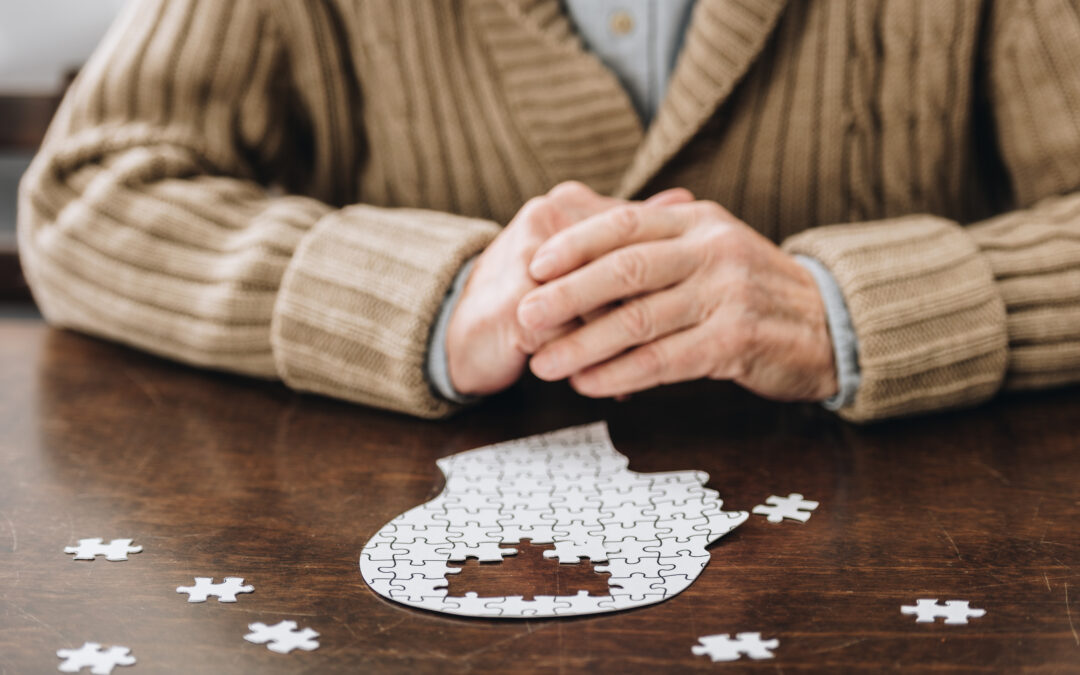By: Pastor Doug Schweyer
On January 20, 2020, I was diagnosed by a doctor as having the beginning stages of Alzheimer’s disease. Right away the doctor insisted on taking my driver’s license away. She said I had the right to protest by applying to the Government Board with a $ 700.00 cheque not refundable! I decided based on the results of the battery of tests I had just taken that I would not pass the written and road tests required so I accepted the verdict. Joyce drove home and has been the driver for us ever since.
So, what is Alzheimer’s disease? It is a form of dementia; in fact, it makes up about 70% of all persons in Canada who have been identified with dementia. The other 30% are diagnosed with other symptoms with other names. Usually, Alzheimer’s has a component of short-term memory loss, increasing forgetfulness, and a general slowing down of the normal brain functions. In its early forms, it may not be recognized but, as it progresses, these and other symptoms become more recognizable.
Since the diagnosis that I had beginning stages of Alzheimer’s disease, Joyce as my caregiver and I have taken three of the mini-courses offered by the Alzheimer’s Society of Hamilton. As a result of those courses, I have been asked to join a group sponsored by the Hamilton-Haldimand Group. This group is made up of five people in various stages of Alzheimer’s disease. Our mandate is to make recommendations to the larger group about possible programs that could help those with Alzheimer’s.
This is not an easy task! We are just beginning to get acquainted and discover that we all are different people, each with different experiences of the way this disease affects us and how we relate to the community. Part of the difficulty of designing how to help one another is the different ways each person experiences life after the diagnosis. Many do not want to talk about it or even face the diagnosis. Others have no difficulty describing their feelings about the disease but again those experiences are not necessarily shared by others. Our progress is slow.
For instance, today we had a virtual meeting scheduled but the link to the meeting was slow in coming and most of us did not show. So, we cancelled the meeting and went our separate ways without much ado. We will meet again next week. Very relaxed! Time does not mean as much to many who have Alzheimer’s as perhaps it once did.
What seems common to most however is a desire to have people, especially close family and friends, continue to treat us the same as before the diagnosis, in other words, as normal human beings, even if there is some difference in how we respond. The stages of the disease will come soon enough, although there is some evidence that some people can keep relatively normal activities for some years. In the group I am involved with, one person is still in the early stages and has been for fourteen years!
Dr. Sanjay Gupta has written a book titled Keep Sharp: Build a Better Brain at Any Age. He is a brain surgeon and an experienced media commentator. In this latest book, Gupta suggests that, in addition to the five senses of sight, smell, taste, touch, and hearing, there are as many as six more: a sense of balance, a sense of pain, a sense of temperature, a sense of time, a sense of internal needs of the body, a sense of your body parts and where they are and what they are doing. Dr. Gupta suggests that we know more about the brain than many people think. He believes that we can improve brain function by eating healthy, keeping active physically, sleeping at a usual time and more.
Almost two years have now passed since my diagnosis. Not much has changed in my journey. However, there is some change in my involvement with Alzheimer’s and the community. I am presently involved in two groups, each with a slightly different emphasis. In both, the goal is to help the community understand the disease better. Look for some reporting in the community soon. Also, look for more in this Newsletter.
That message is that Alzheimer’s disease has as many faces as people who have it. We are all at different stages of the disease and cannot be pigeon-holed into a preconceived idea or formula. Of course, there are some characteristics that can be identified but that can only be done as one gets to know each individual who has the disease. It is a complex disease and presents varied forms in every individual.
About the Author: J Douglas Schweyer is a retired pastor of the Evangelical Lutheran Church in Canada, now a member of Trinity Lutheran Church in Hamilton. Presently along with his wife of almost 60 years they live in St. Elizabeth Village, a Seniors Community in Hamilton.

